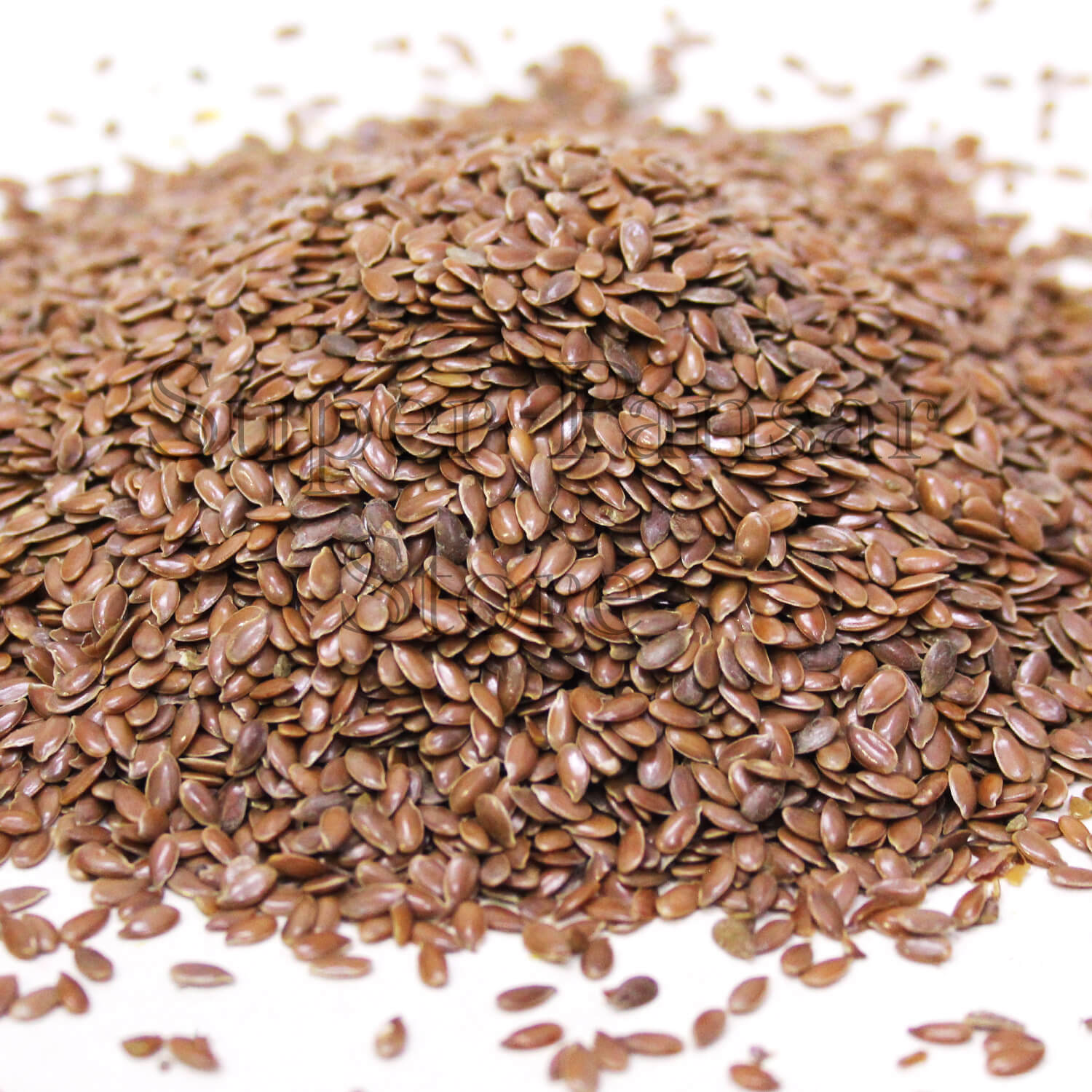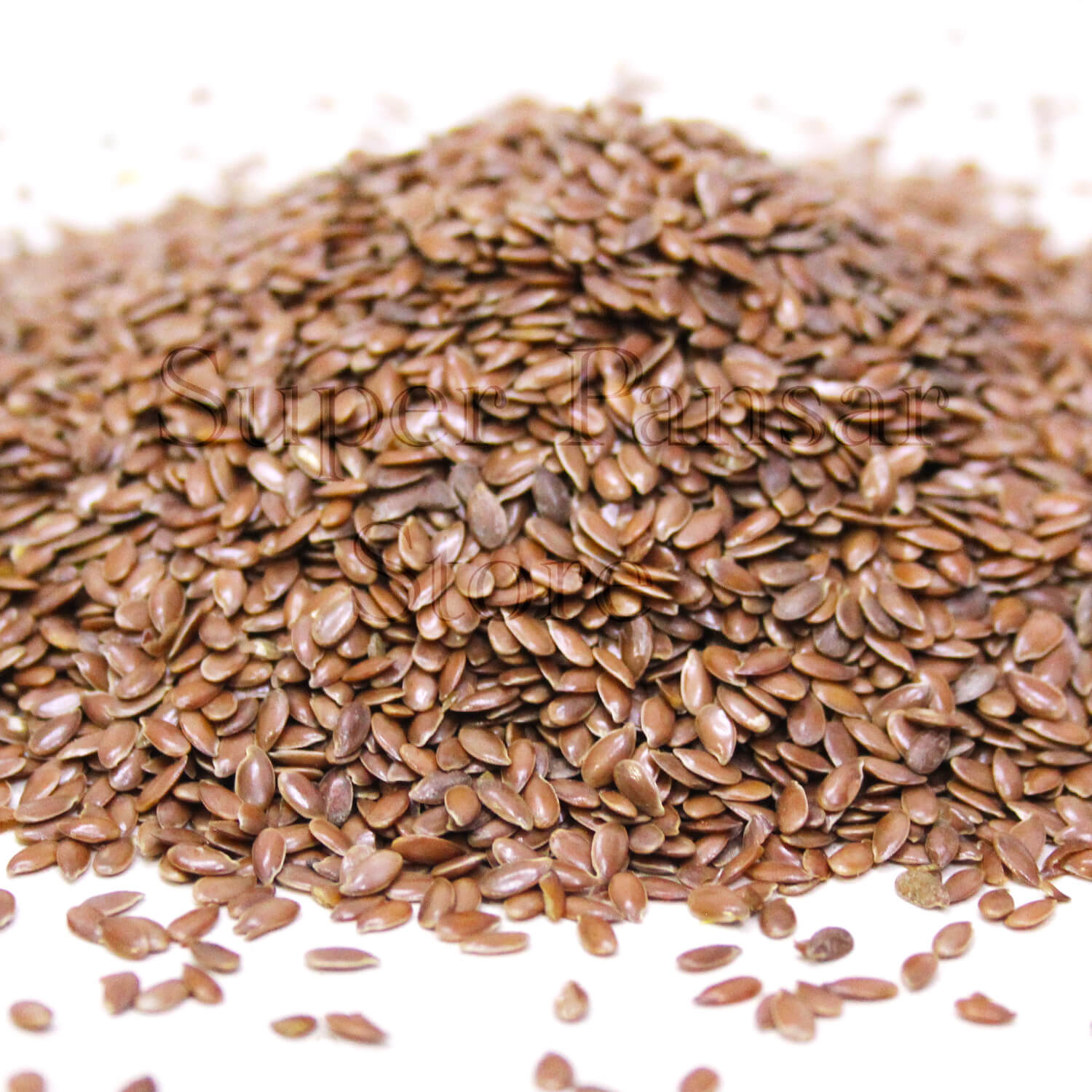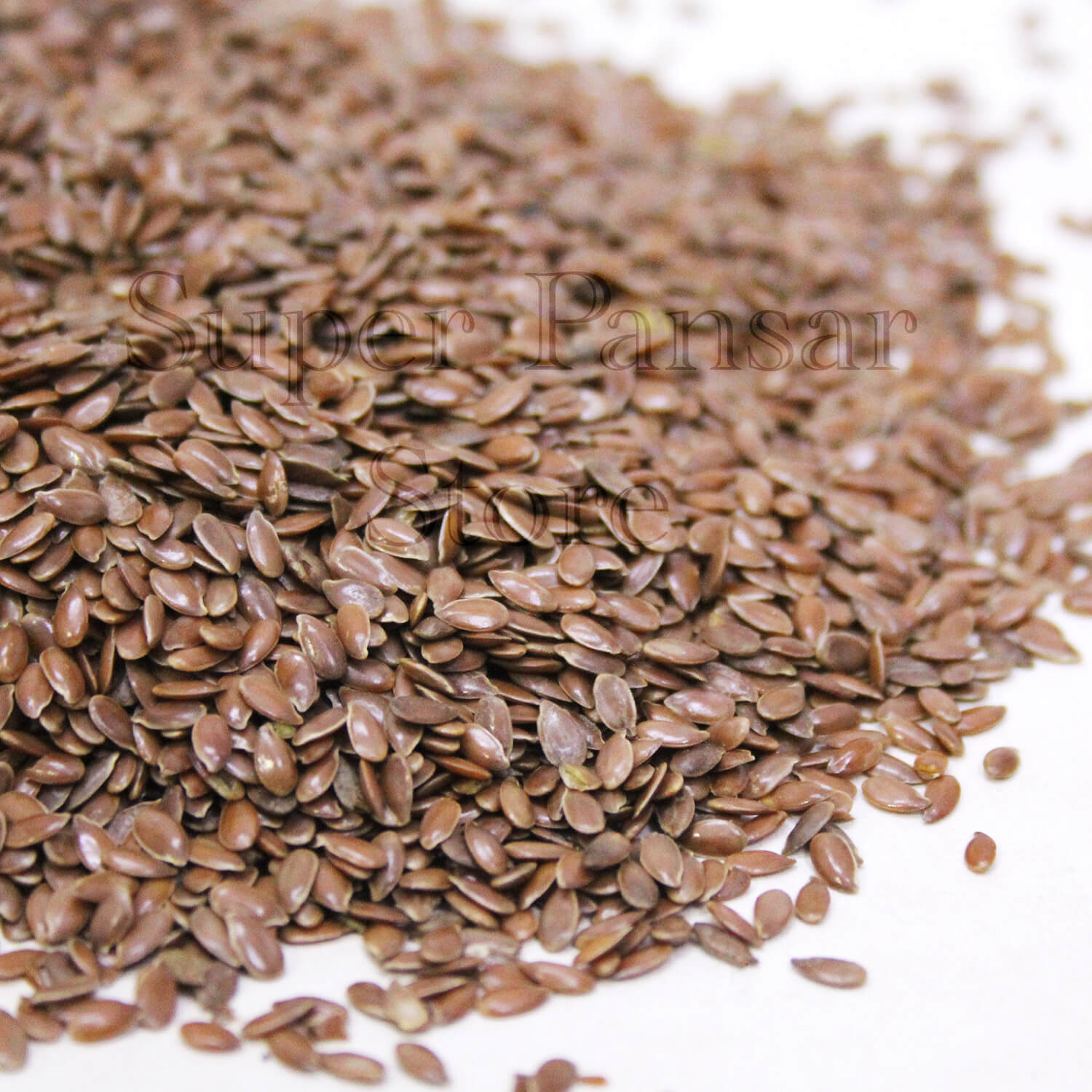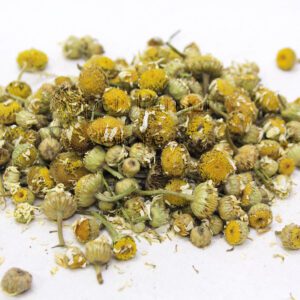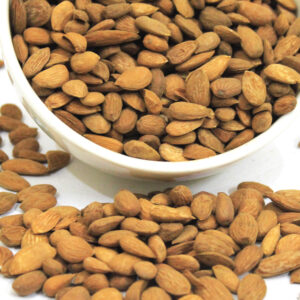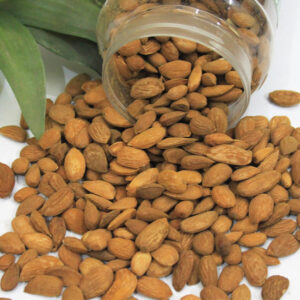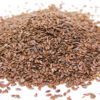Overview:
Flaxseed is a plant-based food that provides healthful fat, antioxidants, and fiber. Some people call it a “functional food,” which means that a person can eat it to boost their health. People grew flax as a crop in ancient Egypt and China. In Asia, it has had a role in Ayurvedic medicine for thousands of years.
Benefits:
Flaxseeds are great for women’s health, regular consumption may help reduce menopausal symptoms and can also help tackling irregular periods and menstruation-linked discomfort
Flax seeds benefit females by maintaining the normal length between the ovulation and menstruation. It also helps females in fertility by increasing the chances of conception. It also helps to maintain the hormonal balance
.Flax seeds are very high in fiber and provide good amounts of protein. They’re also rich in fat and one of the best plant-based sources of heart-healthy omega-3 fatty acids.
Flax seeds contain a high concentration of plant-based omega-3 fatty acids, which prevent the onset of skin dryness.
Flax seeds contain phytochemicals and antioxidants that help prevent wrinkles and fine lines, giving your skin a youthful glow
Flax seeds contain soluble fiber, which may promote weight loss by reducing hunger and decreasing cravings.
Flax seeds may help fight heart disease by lowering blood pressure, regulating blood cholesterol, and increasing your levels of heart-healthy omega-3 fatty acids.
Flax seeds may improve digestion by relieving diarrhea and constipation. They may also reduce fasting blood sugar in people with diabetes and lower your risk of several cancers.
Side Effects:
Aim for about two to three tablespoons daily for proper dietary flaxseed supplementation. It’s fine to take them every day as long as you don’t experience side effects.
If consumed in large quantities, it can result in an increased count of bowel movements. It can also lead to diarrhea and irritable bowel syndrome. People suffering from intestinal conditions should avoid consuming flaxseeds.
How to Consume:
Most nutrition experts recommend ground over whole flaxseed because the ground form is easier to digest. Whole flaxseed may pass through your intestine undigested, which means you won’t get all the benefits. There are many other great ways to add these super seeds into your diet, including adding them to healthy baked goods like homemade muffins, breads and cookies, plus oatmeal, yogurt, smoothies and more.
Nutrition Value:
One tablespoon (7 grams) of flaxseed contains:
- Calories: 37
- Carbs: 2 grams
- Fat: 3 grams
- Fiber: 2 grams
- Protein: 1.3 grams
- Thiamine: 10% of the Daily Value (DV)
- Copper: 9% of the DV
- Manganese: 8% of the DV
- Magnesium: 7% of the DV
- Phosphorus: 4% of the DV
- Selenium: 3% of the DV
- Zinc: 3% of the DV
- Vitamin B6: 2% of the DV
- Iron: 2% of the DV
- Folate: 2% of the DV

